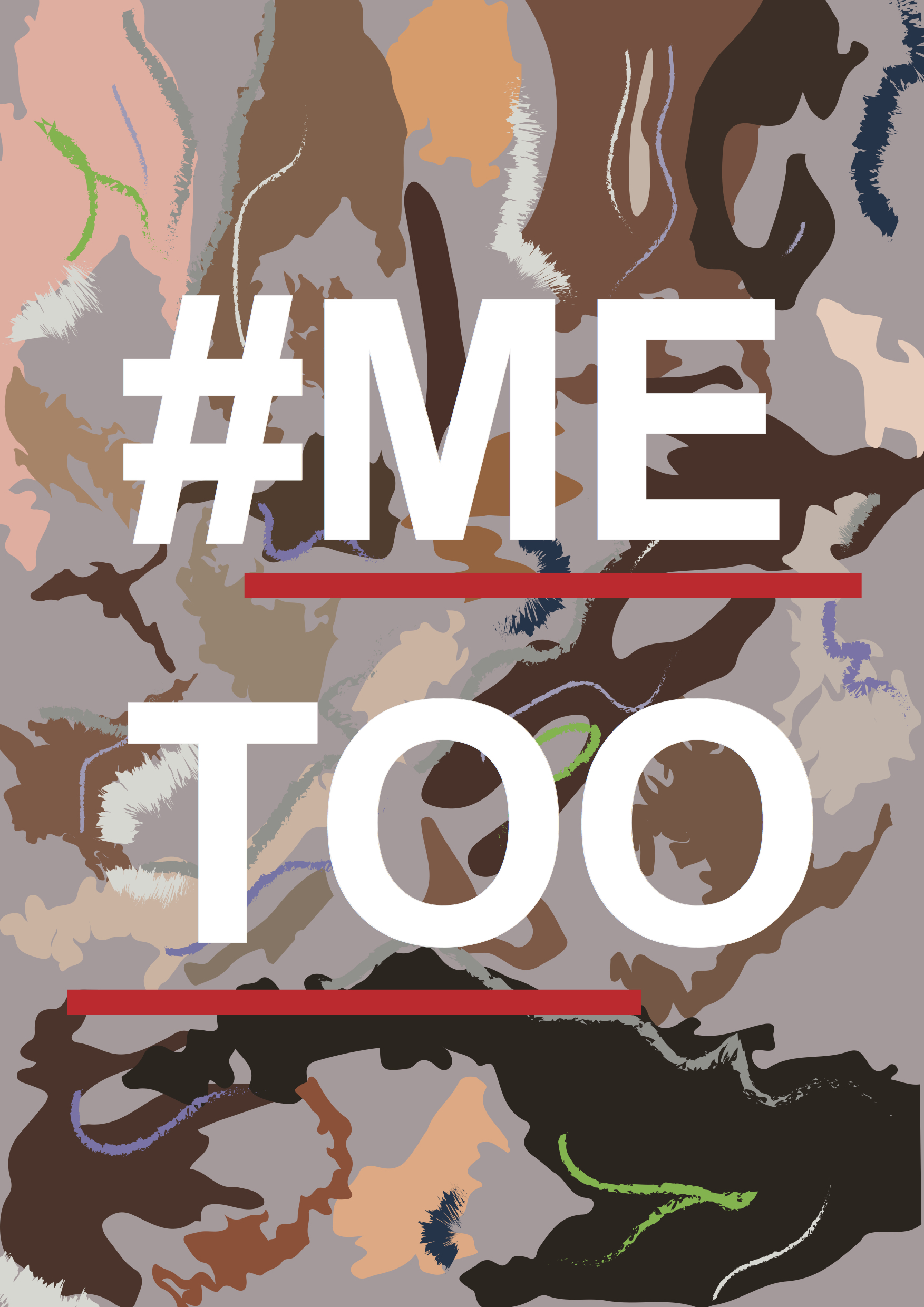[Written by Gabriel Rutherford @niemalsallein_]
[Illustration by Grace Elder]
“Cancelled”. “Over”. “Called out”. A new lexicon of language is being formed online, particularly on Twitter, where more and more fans are policing their own “faves”. The language a celebrity uses, who they are photographed with, what they wear and even what they eat is being critiqued in what seems to be a crusade to find the one true virtuous celebrity (spoiler: it’s Jeff Goldblum). A “callout culture” has been formed, where it’s the done thing to instantly point out the transgressions of a famous person – fair enough. After all, this is done with good intentions and a noble goal, namely to try to influence social behaviour by calling out public figures who perpetuate damaging ideals or actions.
Celebrities are going under the microscope of public scrutiny, and in the callout culture not all come out unscathed – Johnny Depp and Casey Affleck are constantly attacked on twitter for their alleged offences. Again, perhaps rightly so. In a world where being wealthy and famous has been a ticket to get off scot-free with abuse, such as happened in the case of Harvey Weinstein, Bill Cosby and thousands of others like them, callout culture is a blessing. The public can now hold celebrities accountable. The problem is, are we really consistent in determining who is a problematic fave and who is simply problematic?
Firstly, it must be acknowledged that nearly everyone is problematic. I am. You probably are too. We all have done, or said, or thought things in the past that we don’t agree with, or may even repulse us, now. The difference is, you and I don’t have a spotlight shining on us 24/7 to magnify our mistakes. We make them, learn from them and grow. Celebrities have to do the same under constant attention. The crucial thing is that we do learn from our mistakes – if a celebrity says something bigoted, learns from it and apologises, no harm done. If the celebrity continues to be a bigot, that’s where we have a problem. Someone like Kid Rock – an avowed anti-trans rights, Trump-supporting Republican is problematic. Someone like Michael Portillo – the ex Tory cabinet minister who is now openly gay and makes BBC programs about railway journeys in Europe – is a problematic fave.
The standard, however, isn’t applied to all. Nicki Minaj is an example. Minaj has given a shout-out to Margaret Thatcher. Minaj is also involved in supporting two paedophiles – one is her brother, the other is the rapper and popular hate figure 6ix9ine. 6ix9ine pled guilty to a child sex crime involving a 13 year old girl – Minaj then collaborated with him on the track FEFE. It was a hit, and 6ix9ine will make money off it – Minaj has financially supported a confessed sexual abuser. Minaj’s brother, Jelani Maraj, has been convicted of raping an 11 year old girl – Minaj visited him in jail. Yet the only person calling out Minaj is Azealia Banks, and Minaj is still making hit after hit. This is a worrying sign of how ineffective callout culture can be – Minaj is still seen as a ‘fave’, rather than problematic, by most people.
Callout culture doesn’t work when you hold people to higher standards than others, or simply ignore the sins of certain figures because you’re emotionally involved in some way. Just because your childhood was spent reading Harry Potter, doesn’t mean that JK Rowling should get a free pass on creating a race of secretive banking goblins who have hooked noses, think that they are superior to humans and control enormous amounts of wealth, mirroring the conspiracy theories in our world that “the Jews” control the banks. While Rowling has been called out by a few leftists on Twitter, mostly in response to her criticism of alleged intolerance in the Labour party, most people online seem to have, saddeningly, given her a free pass.
Callout culture has already made the world a better place. Thanks to associated movements that it has brought about, such as #metoo and the anti-groping group Girls Against, we are witnessing change in the way abuse is treated. Abusers are being called out and shamed. People like Bill Cosby are being found out, with real consequences – Cosby was recently convicted of sexual assault. Things will only keep getting better if we keep pushing to call people out, and not let double standards get in the way of virtue. Change has come, and will keep coming – but only if we keep wanting it.

